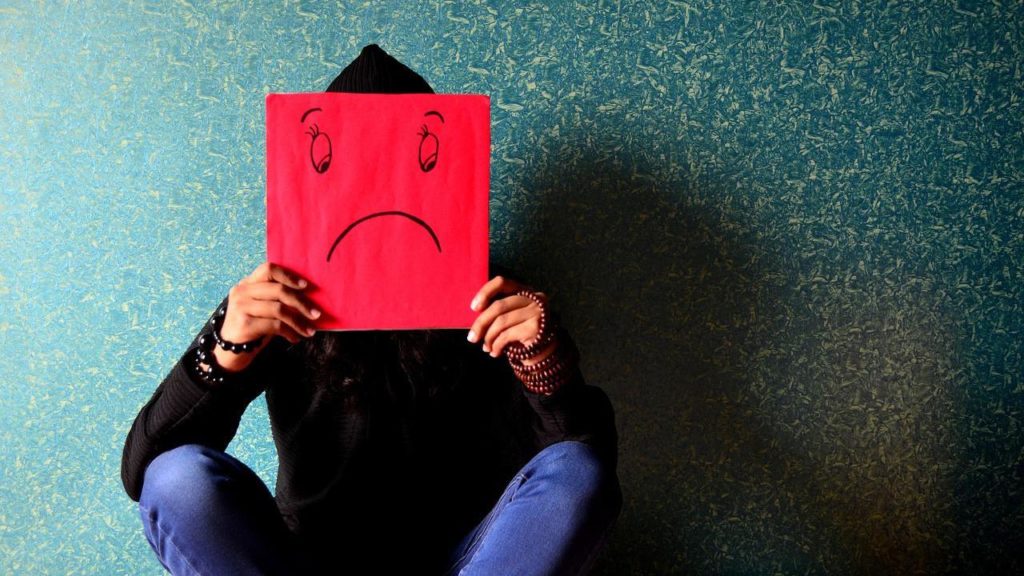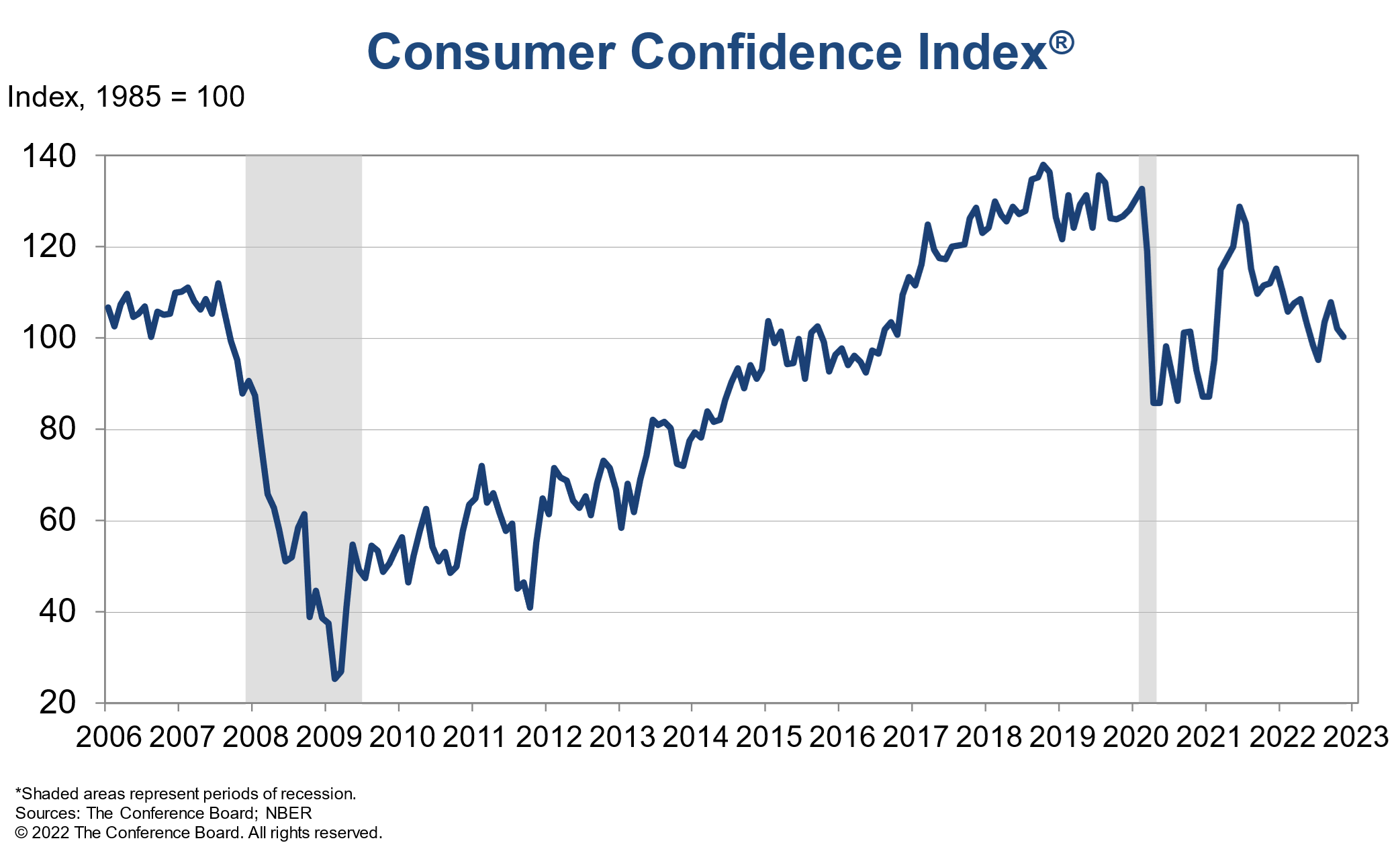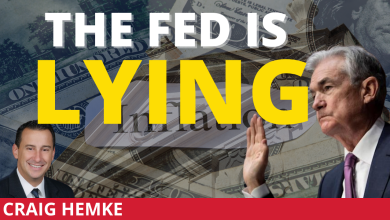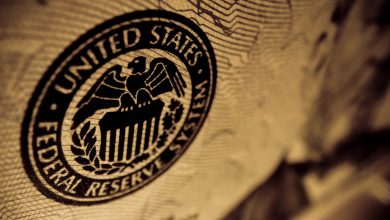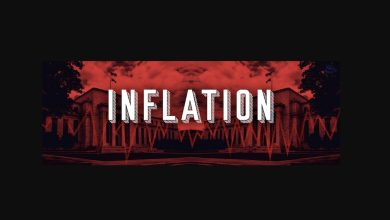Consumer Confidence Declines for Second Straight Month
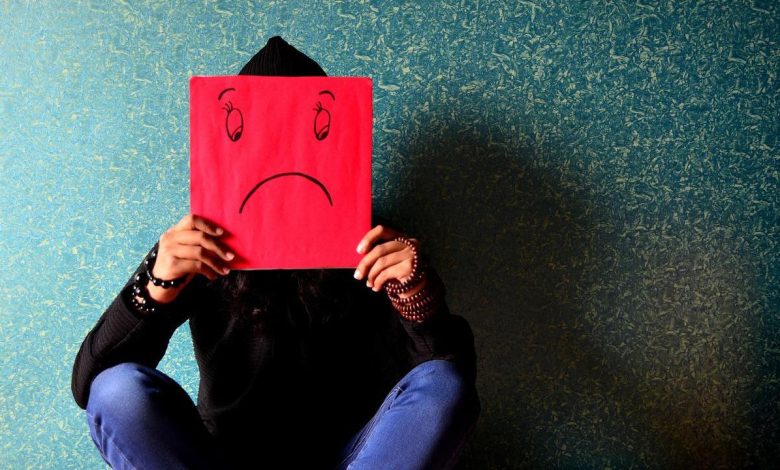
The powers that be keep telling you that the economy is fine and inflation has likely peaked. But you’re not buying the story.
Consumer confidence fell for the second straight month in November as worries about inflation and the trajectory of the economy persist.
Consumer confidence fell to 100.2 in November, according to the latest survey by the Conference Board. This follows on the heels of a downwardly revised reading of 102.2 in October.
This is the lowest confidence level since last summer when gas prices were at their peak.
Consumer confidence got a boost as gasoline prices fell in August and September, but that optimism has faded over the last two months.
Consumer confidence still hasn’t recovered to pre-pandemic levels. In the three to four years prior to the pandemic, the consumer confidence index generally ranged above 120.
The Present Situation Index decreased to 137.4 from 138.7. This metric measures consumers’ attitudes about current business and labor market condition
The Expectations Index—based on consumers’ short-term outlook for income, business, and labor market conditions—declined to 75.4. That was down from 77.9.
Conference Board Senior Director of Economic Indicators Lynn Franco said rising fuel prices were likely a factor in the recent downturn in consumer confidence. She also said the confidence readings flash a recession warning sign.
The Present Situation Index moderated further and continues to suggest the economy has lost momentum as the year winds down. Consumers’ expectations regarding the short-term outlook remained gloomy. Indeed, the Expectations Index is below a reading of 80, which suggests the likelihood of a recession remains elevated.”
The CPI finally fell below 8% on an annual basis in October. Many analysts think inflation has peaked. But the survey indicates Americans remain worried about rising prices. Inflation expectations have risen to the highest level since July, with both gas and food prices fueling worries, according to Franco. This is impacting future spending plans.
Intentions to purchase homes, automobiles, and big-ticket appliances all cooled. The combination of inflation and interest rate hikes will continue to pose challenges to confidence and economic growth into early 2023.”
Economist Chris Rupkey told CNN consumer confidence has been relatively resilient this year, but he doesn’t expect that to last.
At some point, the economy is going to break and that will take the wind out of the consumers’ sails in a hurry.”
Retail and e-commerce analyst Claire Tassin told CNN that American consumers are still spending, but they are “leaning on savings and debt.”
In fact, household debt charted its biggest increase since 2007 in Q3. The mainstream generally spins increasing household debt as good news. You’ll hear phrases like “robust demand” and “consumers continue to spend despite rising prices signaling economic health.” But an economy built on borrowing and spending has a limited shelf-life.
No wonder consumers are worried.
We know that credit card spending isn’t sustainable.
People are doing what they have to in order to make ends meet, but the economic situation continues to decay. Lagging consumer confidence is yet another sign that we are already in a recession.
Call 1-888-GOLD-160 and speak with a Precious Metals Specialist today!
Buka akaun dagangan patuh syariah anda di Weltrade.
Source link

